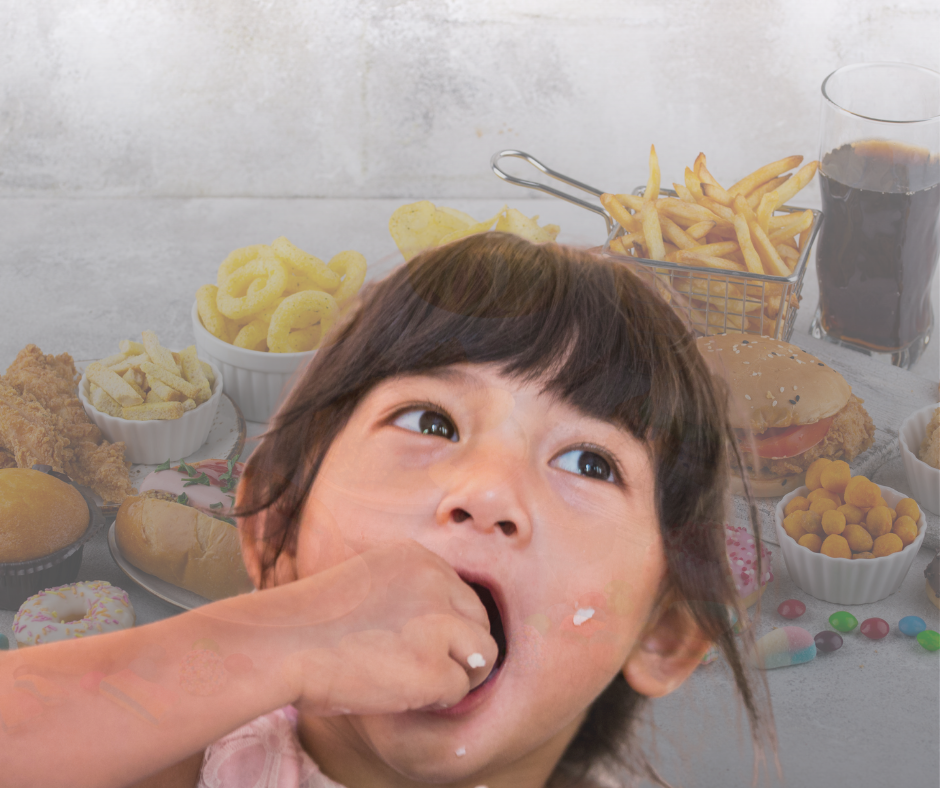Double trouble: PH battles rising childhood overweight rates alongside stunting

The Philippines faces a growing challenge of overweight children alongside its longstanding battle against childhood stunting, according to a recent survey. This “double burden” of malnutrition raises concerns about the overall health and well-being of Filipino children.
The latest data from the 2021 Expanded National Nutrition Survey (ENNS) paints a concerning picture. While stunting remains a significant issue, affecting 26% of children under five, there is also a rapid rise in overweight and obese schoolchildren.
Fourteen percent of children aged 5 to 10 and 13% of adolescents aged 10 to 19 fall under the overweight (obese) category.
This highlights a growing public health concern alongside the ongoing challenge of stunting, according to the National Nutrition Council.
Both stunting and obesity hinder development
Stunting, caused by chronic malnutrition in early childhood, can lead to impaired cognitive development and lower educational achievement.
Studies have shown that stunted children may have difficulty learning, remembering, and concentrating in school.
On the other hand, obesity in children is linked to health problems that can affect their ability to learn. These include fatigue, difficulty concentrating, and behavioral issues.
National Nutrition Month
This year marks the 50th National Nutrition Month in the Philippines. The theme, “Sa PPAN: Sama-sama sa Nutrisyong Sapat Para sa Lahat!” (Through PPAN, let’s collaborate on nutrition security for all!), underscores the need for a united effort.
The Philippine Plan of Action for Nutrition (PPAN) serves as a national strategy to address all forms of malnutrition.
It advocates for a three-pronged approach: healthier diets, improved nutrition practices, and increased access to essential services.
“As we celebrate National Nutrition Month, we call on all sectors of society to support the Philippine Plan of Action for Nutrition,” said Assistant Secretary Dr. Azucena Dayanghirang, executive director IV of the National Nutrition Council.
“Every child has the right to proper nutrition. When children are well-nourished, they can better learn, play, and engage in their communities,” said UNICEF Philippines Representative Oyunsaikhan Dendevnorov.
The PPAN focuses on interventions across all life stages, with a particular emphasis on the critical first 1,000 days of a child’s life.
Local government units (LGUs) are crucial partners, expected to have local nutrition action plans aligned with the PPAN, prioritizing reaching pregnant women and children under two.
The NNC is calling on all stakeholders to focus on the 34 provinces with the highest rates of child stunting and food poverty.


